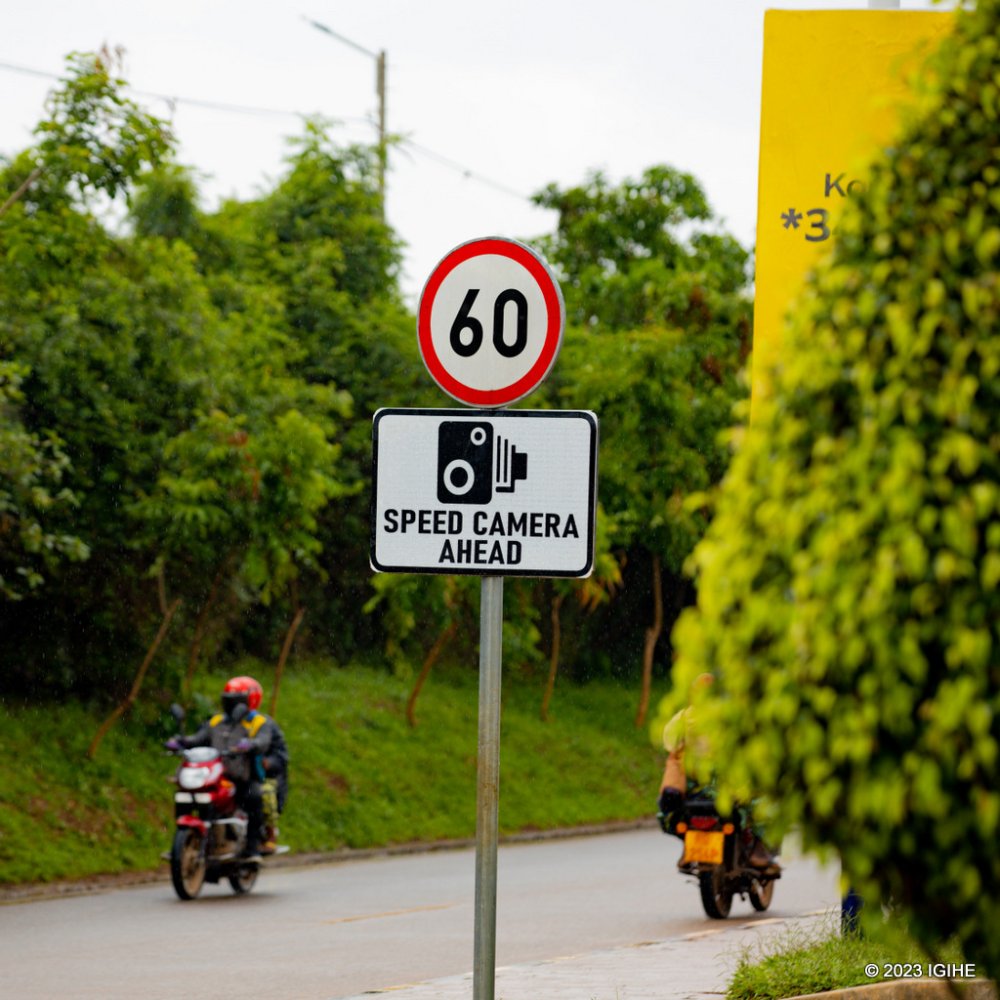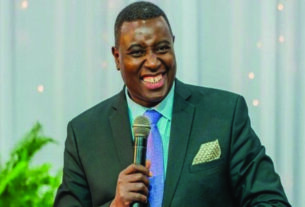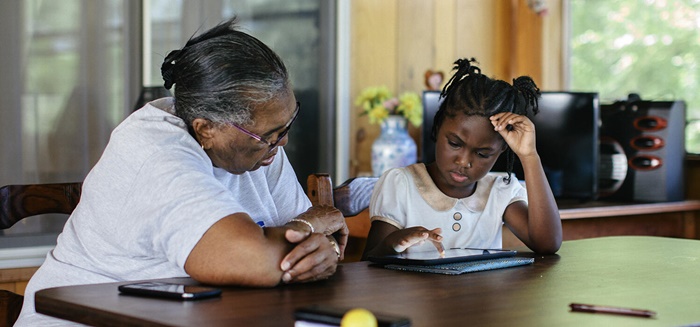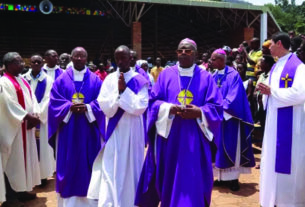A study conducted by Inteko y-Umuca shows that the Rwandan language is rarely used on posters and other documents because when it is not mixed it is used at a rate of 15%.
It is at a time when Ikinyarwanda is used mixed with other languages at 48%.
It was announced from the report of a study conducted on language interaction in the city of Kigali, on February 21, 2024, the Rwandan Dictionary of Economy and Finance was published.
Musabeyezu Theogene, who is in charge of linguistics and literature research at the Cultural Council, says that this study was conducted with a focus on written documents including road signs and other documents, which shows that only 15% of Rwandan is used.
He said, “While conducting this research, we wanted to know how languages neighboring Rwanda are used in Kigali, especially on billboards, so that this picture will help us to take measures based on what we have learned from the research. We found that Ikinyarwanda is the only language used at 15%, and if you combine it with other languages, you will find it at 48%.”
Musabeyezu added that the Rwandan language will not disappear completely because it is cross-border and spoken by 99%.
Masozera Robert, the Chair of the Cultural Council, points out that although Rwandan is close to other languages used in Rwanda including English, French and Swahili, it should come to the fore because there is a gap in its use and it is a threat to Rwandans.
He said, “Ikinyarwanda language is spoken by Rwandans but when you go to use it in public places it is not given the right place. It was found that the usage rate is only 15%, which means that the services are not provided in the language that Rwandans are comfortable with and that should not be the case.”
Some of those who spoke to Imvaho Nsya expressed that they are hindered by the signs that guide them and the services provided because they are written in languages they do not understand.
Councilor Gideon said: “Most of the time when I go to the city, I see commercial buildings, but because I know what they do, I don’t read the signs, including what you read and don’t know. Therefore, as a person who comes for the first time and does not know these foreign languages, you feel that it would be difficult for him to learn them.
“It’s still difficult because if you look at the signs that are hung on the streets, on commercial buildings and elsewhere, most of them are in English and they have written all the languages that would help us,” said the Javanese Jack.
The Chairman of the Assembly, Masozera, points out that this research has been done without asking to see what can be done.
He said, “The Ministry of the Unity of Rwandans and Civil Organizations is planning to establish regulations governing the use of languages, but in particular how Rwandan will be prioritized in various institutions.”




